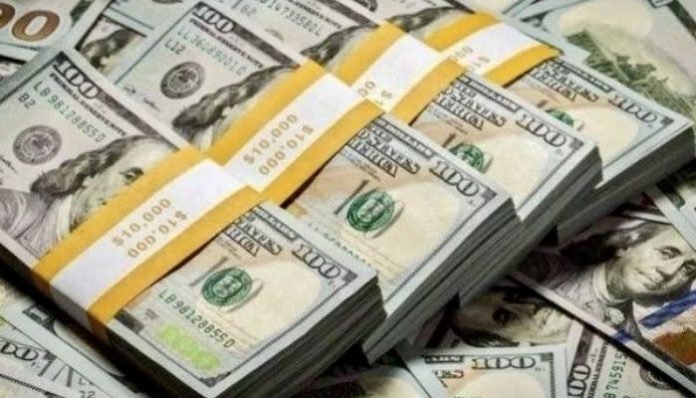Nigeria’s financial arena is abuzz as the Central Bank of Nigeria (CBN) unveils a dramatic turnaround in the nation’s net foreign exchange reserves, now soaring to an unprecedented $23.11 billion at the close of 2024 – the highest in over three years. This remarkable leap, from a mere $3.99 billion at the end of 2023 to levels that underscore a robust recovery, has ignited intense debates among market analysts, investors, and policymakers alike.
This seismic improvement in Nigeria’s net reserve position is not a stroke of luck, but the result of deliberate and strategic measures executed by the CBN. By slashing short-term liabilities such as foreign exchange swaps and forward contracts, the bank has effectively recalibrated the country’s external liquidity. Such a recalibration is pivotal in an era where global economic shocks are increasingly frequent, and market volatility remains a constant spectre. With gross external reserves climbing to $40.19 billion from $33.22 billion in 2023, Nigeria is carving a niche as a resilient economy that can weather external turbulences.
